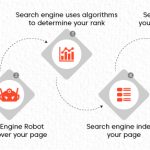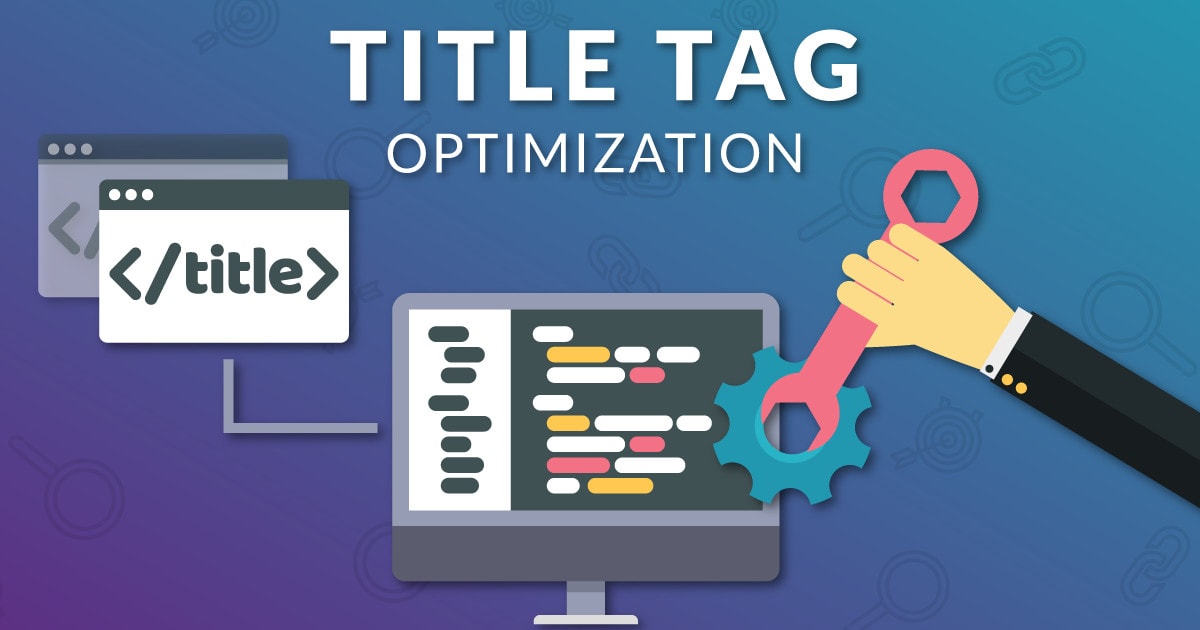The Essential Steps of an SEO Audit in One Comprehensive List
The Essential Steps of an SEO Audit in One Comprehensive List
An SEO audit is a crucial part of any search engine optimization campaign. It’s the process of examining a website and identifying its strengths and weaknesses so you can make it as effective as possible.
According to SEO Company Markham, an SEO audit is the best way to assess the overall health of a website. The purpose of this article is to show you how to conduct a comprehensive SEO audit using an organized, step-by-step process. It will take some time, but it will be worth it when you’re finished.
In this comprehensive list, we break down each step of an audit so you know exactly what to do and how to go about doing it.
Crawling and site audits
Before you can start optimizing your site, you need to know what’s already working. To do that, you need to crawl it—that is, run software that will look at every page on your website and generate a report based on what it finds.
For the purposes of an SEO audit, SEO Company Markham suggests that you focus on two things: the site’s structure and its content. The structure of your site is important because it can help you identify opportunities for optimization and make sure that your website is easy for users to navigate.
It also helps you understand how search engines will see your site, which in turn can help you make strategic decisions about what to optimize first.
By identifying these issues before we get into testing and fixing them, you’ll be able to optimize faster once we begin our optimization-focused phase of the audit later in this guide.

Page Speed
Google has said that page speed is a ranking factor, so keeping your site speedy is important. They recommend keeping your pages under two seconds to load, but this is not always possible with complex webpages. However, you should aim to be as fast as possible without sacrificing content or design.
A quicker site may also benefit you in other ways: users are more likely to return if they don’t have to wait for pages to load and they are more likely to read content when it doesn’t take long for them to get there.
Examine the Site Architecture
- Check for duplicate content.
- If you’re using a CMS, check the URLs to make sure that each page has unique URLs.
- Check your robots.txt file to make sure that it doesn’t block any important pages from being accessed by search engines.
- Check whether all images are optimized and named correctly, so they can be indexed by Google Images or other search engines that use image-based results (for example, Pinterest).
Keyword Research & Content
Write a list of keywords that you want to target. You’ll need these later when you create your content, so make sure that they’re relevant to the topic and not too broad or too specific. Research the keywords you chose to see how many results each of them gets on Google. If a keyword has a lot of search volume but there are already tons of websites targeting it, you might want to choose another one.
Make sure you have your tags
In order to be successful at SEO Markham, you need to have the right tags in place. This includes meta tags, meta descriptions, and title tags (just to name a few). Therefore, SEO Company Markham says that these all elements will help search engines understand what your website is about and how it fits into their algorithm for ranking websites. If you are missing any of these components on your website, then you could be missing out on valuable traffic that would otherwise be directed there.
Make sure you check for issues with the sitemap
- Ensure that the sitemap is correct. Make sure it has your most important pages (like “Home” or “Contact Us”).
- Check for broken links. Broken links can signify outdated or invalid content, so you should check all of the links on your site to ensure they’re still relevant and working.
- Ensure that the sitemap is being crawled by Google Search Console and Bing Webmaster Tools, as well as other search engines if applicable (e.g., Yahoo).
- If a crawler isn’t accessing your sitemap, it won’t be able to index your pages correctly unless they’re included in another way (for example, through internal linking).
Conclusion
SEO audits are a crucial part of any website. Even if you’re not in the business of SEO, it’s still important for your site to be optimized for search engines—and that means doing an audit at least once every few months.









